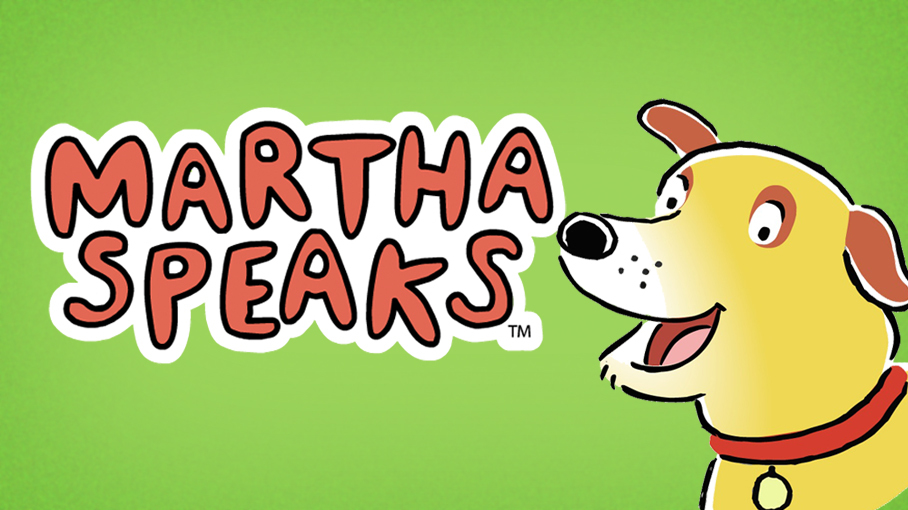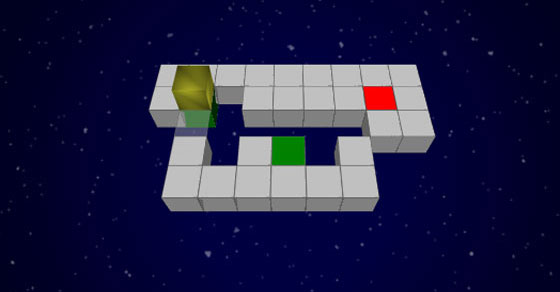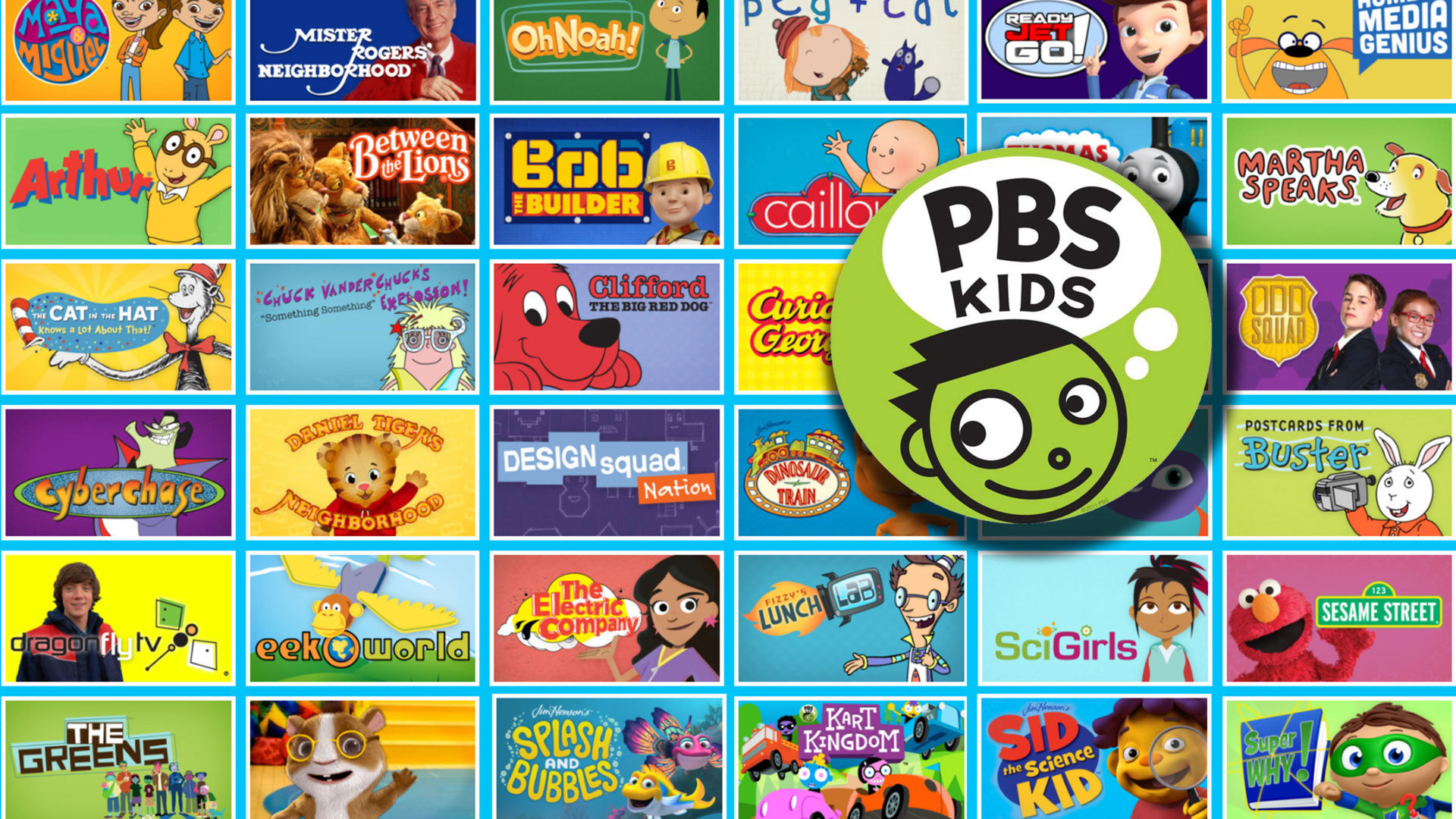My parents were a stickler for education; growing up in a low-income, immigrant household, education was seen as the only way out, and so more than anything else pertaining to my development as a kid, education always had to be a part all aspects of my daily activities. This often meant that my choices of entertainment were limited to ones that marketed educational value, even if sometimes they provided very little for me in terms of furthering my knowledge. I grew up in the midst of PBS documentaries, Cool Math Games, Fun Brain, and PBS Kids channels. This week was a very nostalgic week for me as playing the assigned Fun Brain games eventually led me to go down the hole that was playing every type of game I frequented during my childhood. However, in the midst nostalgia, I was considering the aspects of how much these games actually contributed to my education, and whether I would’ve been better off playing video games solely for the purposes of entertainment or relaxation.

Martha Speaks: https://www.pbs.org/parents/shows/martha-speaks
Among many of the educational shows that I was made to watch, Word Girl, Martha Speaks, and Cyberchase were among the top of the list. Both Word Girl and Martha Speaks were shows that promoted reading literacy and sought to expand vocabulary through the usage of repetition and associative actions. Cyberchase was a game that more so sought to teach problem solving and math skills while also promoting aspects of teamwork. However, though these games did employ such strategies to be able to hopefully teach the youth words or skills that are more applicable to school, it appeared to me that the actual application of these ideas were less useful given the fact that through these shows I was, in a sense, “forced to learn.” As taken from “A psychologically “embedded” approach to designing games for prosocial causes,”: “As a vast body of research stemming from reactance theory has shown, whenever we perceive that our freedom to form our own attitudes or decide for ourselves how to feel about or act on a particular issue is threatened, this triggers an aversive state of arousal that motivates us to defend that freedom – typically by resisting the persuasive attempt (Brehm, 1966; Brehm & Brehm, 2013).” These shows were very forceful with the ways in which they attempted to teach their set of vocabularies or solution to math problems, and it was repeated over and over within each episode. For example, in each episode of Martha Speaks there usually are a set of words that are at first defined, but then used in sentences by each character, and then throughout the episode, the word will be further emphasized either in a scenario or in a reminder by subsequent characters in conversations. Though the exposure aspect of the word might lead to usage from children in the future, the idea of constant repetition with a lack of reciprocation or allowance on the part of the child to want to be taught meant that often times these shows are met with negative reactions and aversive behavior. One of the biggest problems that I remember having with some of these educational shows was just my inability to remember these terminologies or words afterword, and also my lack of will to during the show actually want to learn these ideas or words that would contribute to my lack of understanding.

B-Cubed: https://www.coolmathgames.com/0-b-cubed
Upon my re-playing of Cool Math Games, specifically one of my personal favorites “B-Cubed”, I really felt as though games that were not actively branded as educational, but instead allowed you to figure out the mechanics in a subtle way was more useful in terms of education and teaching applicable skills. “B-Cubed” allowed for players to be able to use problem-solving skills to achieve the ultimate goal of getting rid of all the blocks within the island in a specific order to avoid falling off or not being able to access the final red block. The mechanics are easy to understand, and the ability of players to be able to achieve level after level really provides a sense of completion and nurtures competition within the self. I believe it was one of the more defining educational games of my childhood, specifically because I actually found it to be fun and enjoyable. There was less prompting from the part of the game to choose to continue, but rather it happened to occur from a drive within myself to want to pursue the harder levels of problem solving. I find that the value of real learning only occurs in circumstances that are tailored for children’s enjoyment as opposed to repetition in the hopes that children will adopt it.
All in all, a child’s relaxation matters as much as education does, and though the purposes of creating educational games in the hopes of being able to perform early childhood education at a low-cost for low-income families are vital and necessary, I feel as though more psychological thought can be given to formulating shows that don’t overwhelm children with excess repetition or infantile ideas, and games such as “B-Cubed” are a great example of games or shows that can be tailored as such.


I absolutely loved B-Cubed as well! It really was a great example of a game that had many aspects of education to it but didn’t attempt to act as a standard “quiz-type” educational game. In my opinion, that’s what what made games on Cool Math Games actually enjoyable (and likely the reason they weren’t blocked on public school’s wifis). They didn’t attempt to come off as purely educational per se, but rather tailored to the child’s sense of fun while having roots in math, science, spatial awareness, etc.